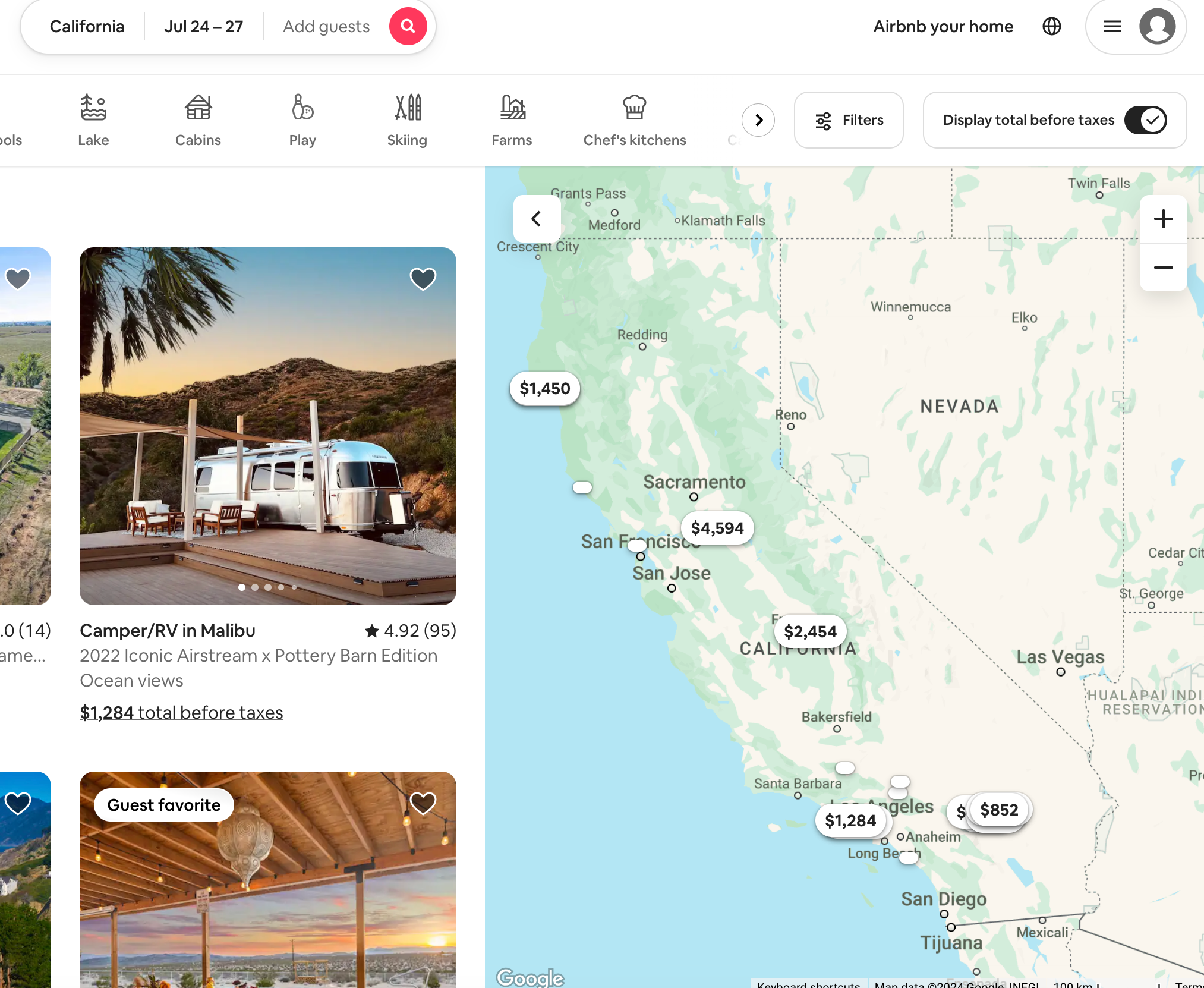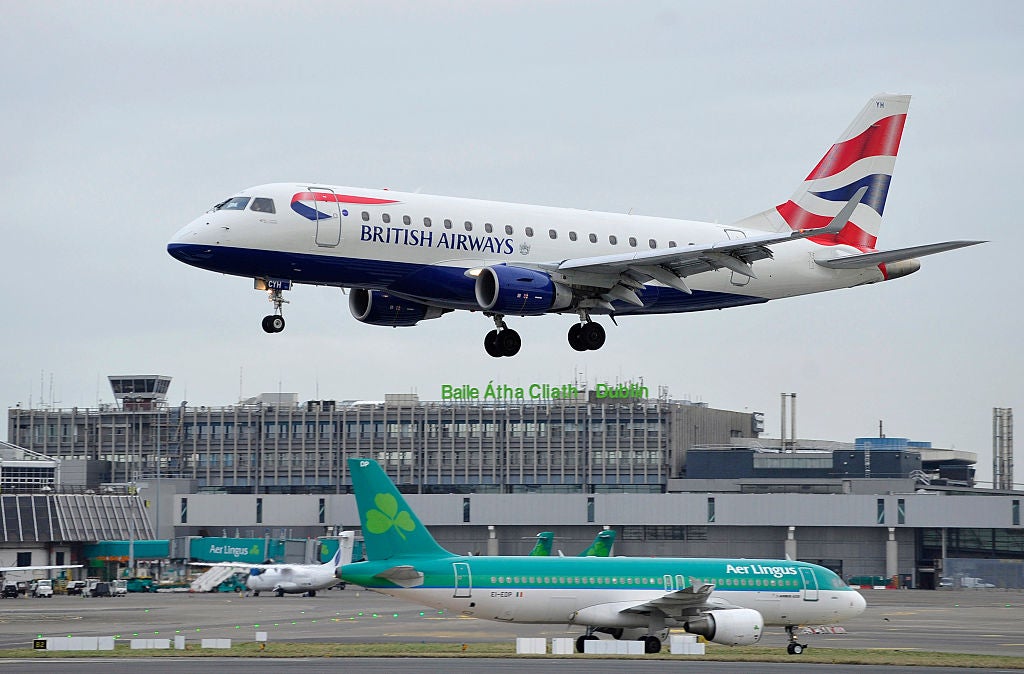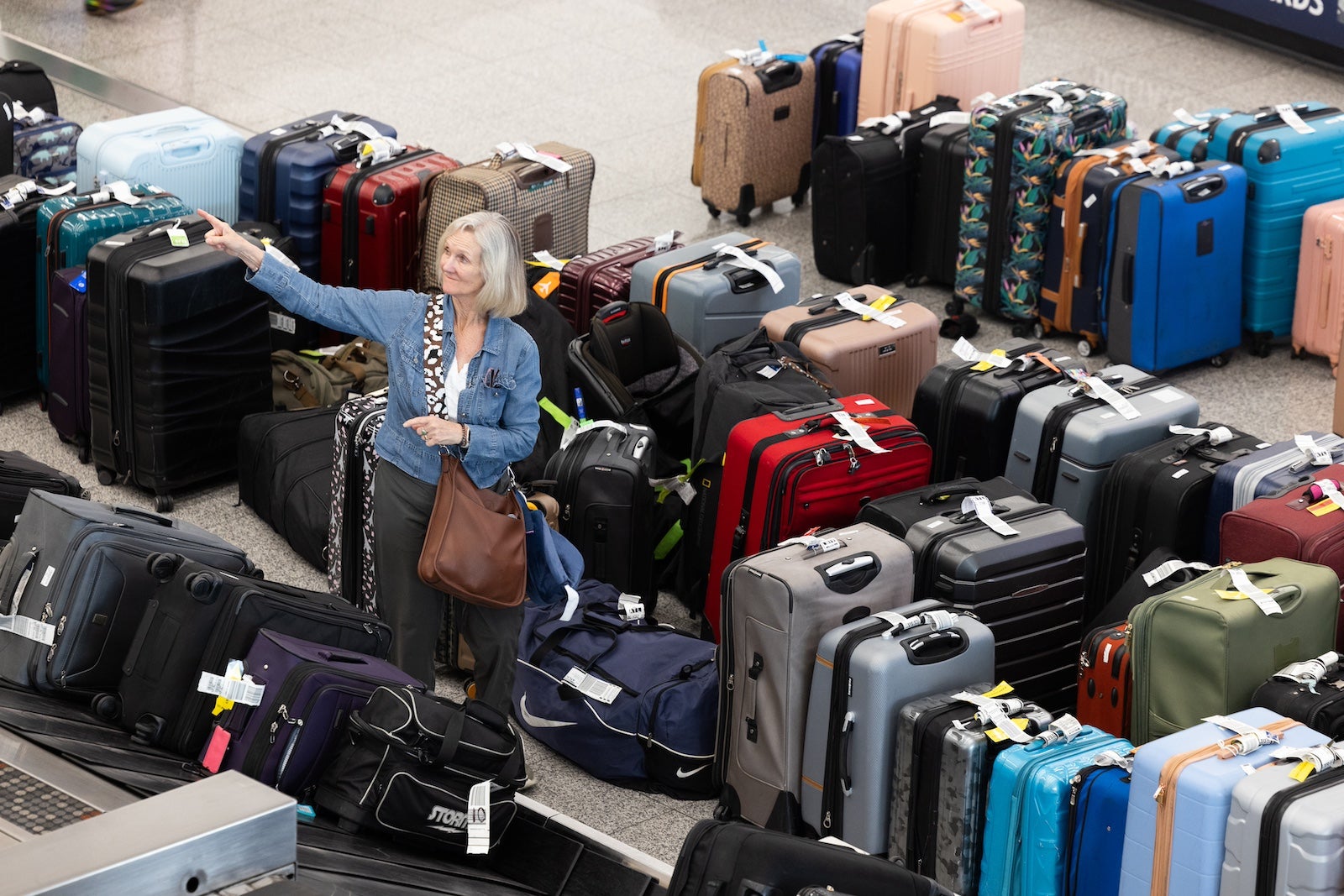California now requires hotels to disclose hidden fees
All California hotels must disclose surprise junk fees starting July 1 thanks to two new state laws, including one specifically targeting hotel resorts and cleaning fees.
The California State Legislature recently passed Senate Bill 478 to modify California’s Consumer Legal Remedies Act. The bill requires issuers to disclose all additional fees beyond the service itself upfront. Also known as “surprise fees,” hotel, cruise and airline junk fees are often not listed until checkout. These charges will usually only appear with a bill’s final total, along with other taxes and fees.
Many major hotel chains, including Marriott, Hilton, Hyatt and Choice Hotels, already openly disclose resort destination fees when you book, largely in response to consumer state lawsuits and pressure from the White House. In 2021, for example, Marriott settled with the Pennsylvania attorney general and agreed to start showing resort fees in future bookings — the move encouraged major hotel chains in the U.S. to follow suit.
“[Senate Bill 478] would … make unlawful advertising, displaying, or offering a price for a good or service that does not include all mandatory fees or charges other than taxes or fees imposed by a government on the transaction, as specified,” per the bill.
The legislation would also prohibit hidden fees, including those tacked onto hotel stays, food delivery services and event tickets. Similarly, it would also force cruise lines to be more transparent about hidden costs right off the bat, rather than later in the booking process.
“Today, California is eliminating hidden fees. These deceptive fees prevent us from knowing how much we will be charged at the outset,” said California Attorney General Rob Bonta in a statement on Oct. 7, 2023. “… because a growing list of websites, apps, and brick-and-mortar businesses are using them, they penalize companies that are upfront and transparent with their prices. The price Californians see will be the price they pay.”

Daily Newsletter
Reward your inbox with the TPG Daily newsletter
Join over 700,000 readers for breaking news, in-depth guides and exclusive deals from TPG’s experts
Last year, Governor Gavin Newsom also signed Assembly Bill 537 into law. The bill specifically targets hidden resort cleaning and service fees — it will also go into effect July 1. That bill says that hotels must disclose resort fees (and any other kind of added costs) alongside room rates.
One of the bill’s co-authors, Senator Steve Glazer, a Democrat from Contra Costa County, previously authored a similar bill (Senate Bill 683) that would have required all lodging services (including hotels, short-term rentals and third-party booking services) to display the total cost of the stay along with any extra fees. The bill did not advance.
This legislation also applies to Airbnb bookings, where users must toggle a switch to show nightly rates, including all fees. In California, this legislation should eliminate that function.
Representatives from Hyatt, Hilton and Airbnb did not respond to a request for comment at the time of publication, but industry experts do not expect this legislation to increase hotel rates.
“The new rule should make it easier for consumers to compare the true total cost of their stay, factoring in the base rate, taxes, and mandatory fees, between various hotels,” said Henry Harteveldt, Founder of Atmosphere Research, a travel industry analytical firm. “This should be especially helpful on price comparison sites and online travel agency sites and apps, where today a hotel that has a lower rate – but a high resort or destination fee – may appear first.”
On a broader level, the Biden administration has been particularly interested in eliminating junk fees, along with hotel, resort and airline fees, and has targeted their removal in national legislation. In April, the U.S. Department of Transportation finalized a rule requiring airlines to display the full flight cost, including bag and seat assignment fees, to flyers upfront. Carriers have until late April 2025 to implement the change, though many airlines are suing to combat the “arbitrary” legislation.
Related reading:








